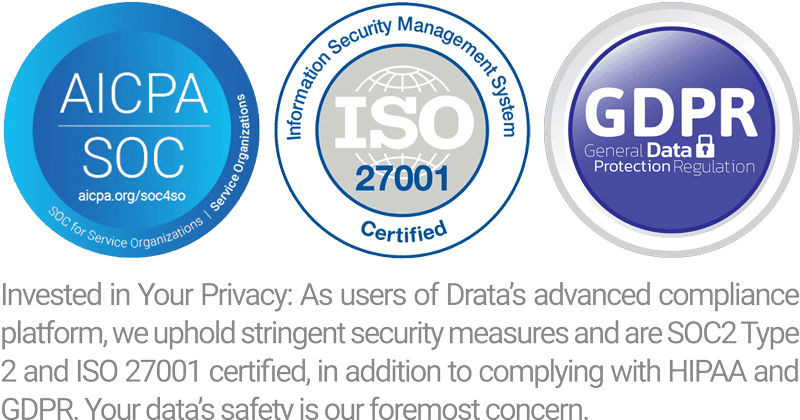Blogging as an Inbound Marketing Tool
 We spotted some research done by Marketing Sherpa and HubSpot highlighting why blogging is a very effective inbound marketing tool. The research sparked the thought of sharing results of our own blogging efforts. At Lead Liaison, we’ve seen tremendous benefit in our blogging campaign. We launched our blogging strategy at the beginning of 2011. Our goal is “blog 104”, blogging twice per week every week of the year (52 weeks x 2 = 104 blogs). We’ve already seen a huge increase in organic SEO website visits because of our strategy. Our website traffic has increased by 243% since we started. Our approach is simple. We’d like to share five things we’ve done and hope this will help your blogging efforts:
We spotted some research done by Marketing Sherpa and HubSpot highlighting why blogging is a very effective inbound marketing tool. The research sparked the thought of sharing results of our own blogging efforts. At Lead Liaison, we’ve seen tremendous benefit in our blogging campaign. We launched our blogging strategy at the beginning of 2011. Our goal is “blog 104”, blogging twice per week every week of the year (52 weeks x 2 = 104 blogs). We’ve already seen a huge increase in organic SEO website visits because of our strategy. Our website traffic has increased by 243% since we started. Our approach is simple. We’d like to share five things we’ve done and hope this will help your blogging efforts:
5 Rules of Blogging to Increase Inbound Marketing:
1. Use a content management system (CMS) such as Word Press or Drupal for your blogging platform. Many tools are included out of the box to help you optimize every blog page for optimal traffic. For example, tools to link keywords to other pages (something viewed positive by the search engines), defining keywords and description, and more. Lead Liaison uses Word Press. 2. Use Google’s Keyword Tool and pick one keyword per blog page. Optimize your article around the keyword. 3. Blog frequently, keep a “blog 104” or “blog 52” rule in mind. 4. Keep blog posts short. Try to limit blog posts to four paragraphs or less. 5. You don’t always have to write new content. Use 3rd party articles and comment on them in your blog post.
Benefits of Blogging:
As mentioned, blogging has increased Lead Liaison’s traffic considerably. Marketing Sherpa and HubSpot shared a few highlights from their survey on why blogging is an effective inbound marketing tool: • Companies who blog get 55% more visitors on the site. • 55% of companies that blog have acquired a new client because of that. • Blogging is the most effective social marketing tactic. This is directly linked to the popularity of blogs as platforms for optimized organic searches, as well as the blog’s inherent ability to retain the attention of the public. • Most B2B marketing professionals search for key-words and create pertinent content, in line with the subject matter that surrounds them. One of the most popular content platforms is the blog. It’s a given that blogging isn’t easy, but B2B companies should do it (because it works). Blogging will increase website visits, help acquire new clients and boost your social media strategy. For a free consultation on how you can increase ROI of blogging contact Lead Liaison. How has blogging helped your company? Sources: 2011 Survey research by HubSpot (76% of respondents were B2B professionals) and Marketing Sherpa 2011 B2B Marketing Benchmark Report To be alerted of future posts, please click on the RSS button.


